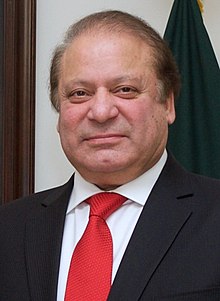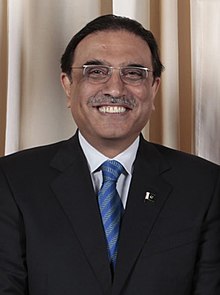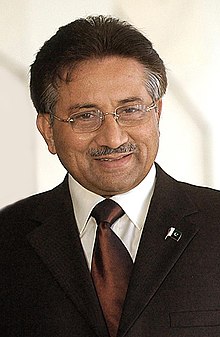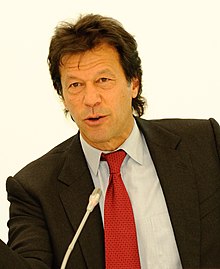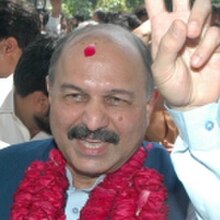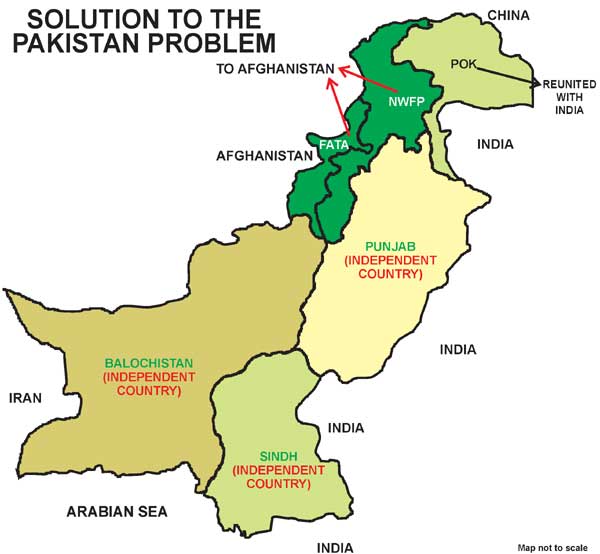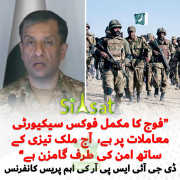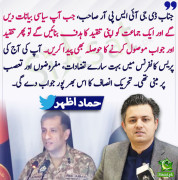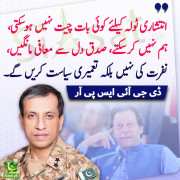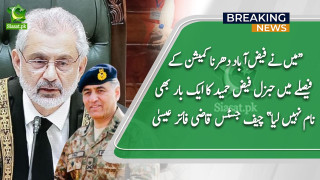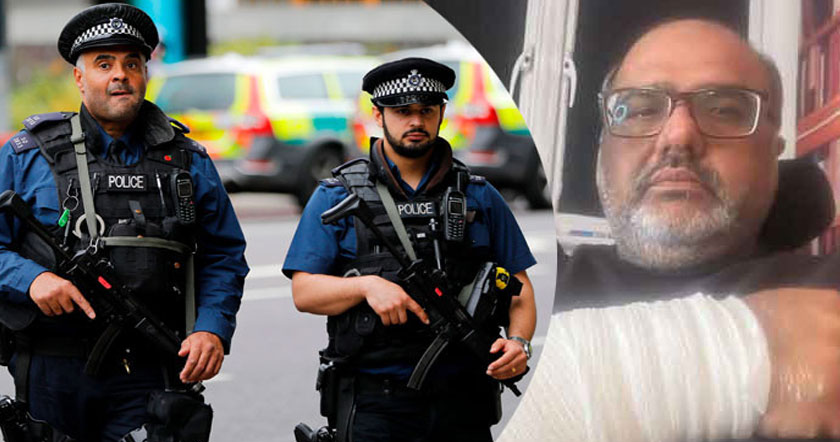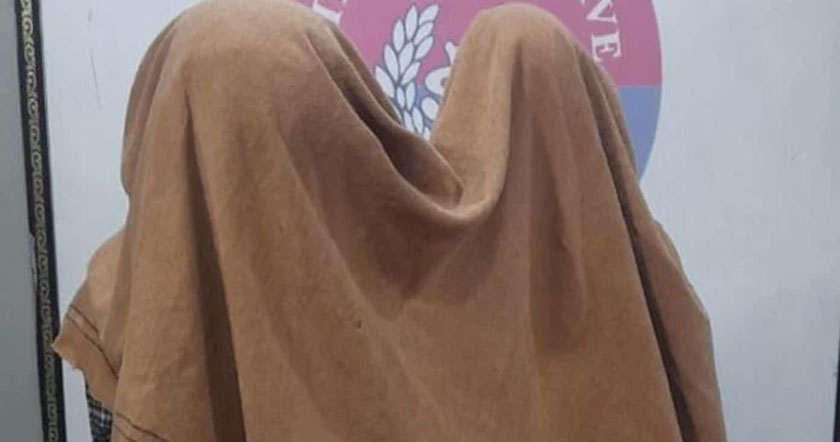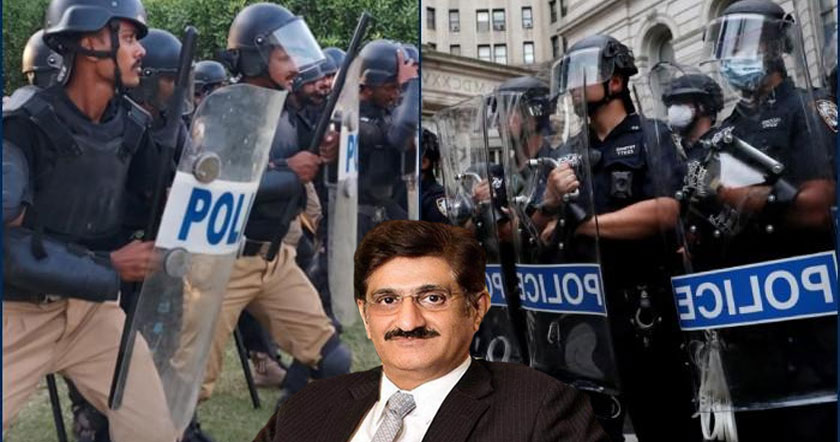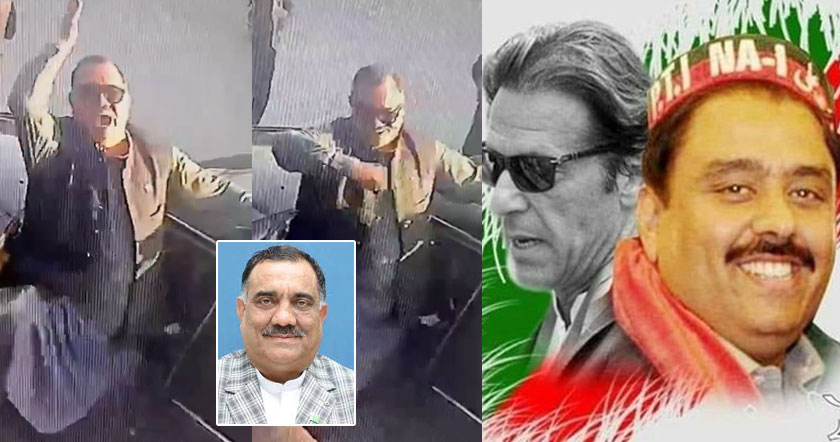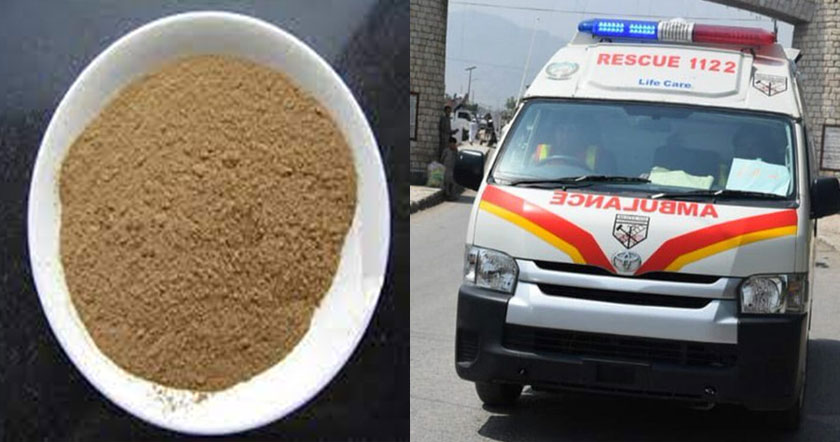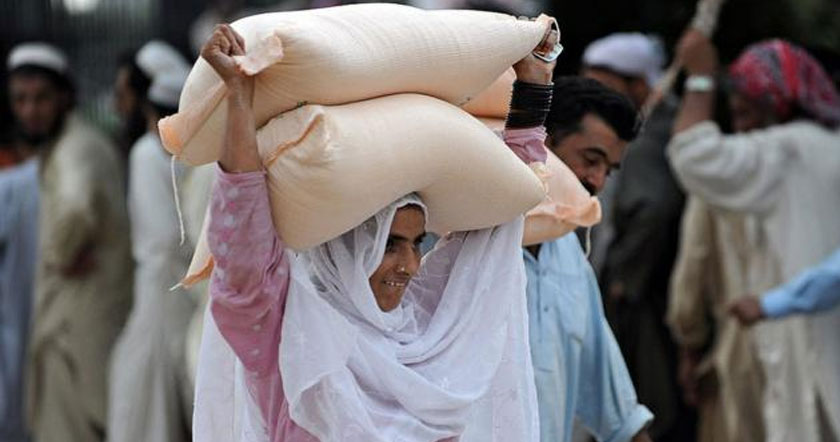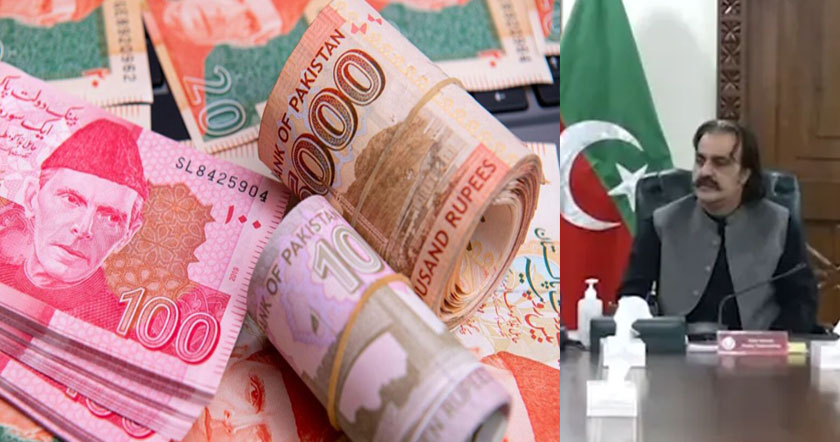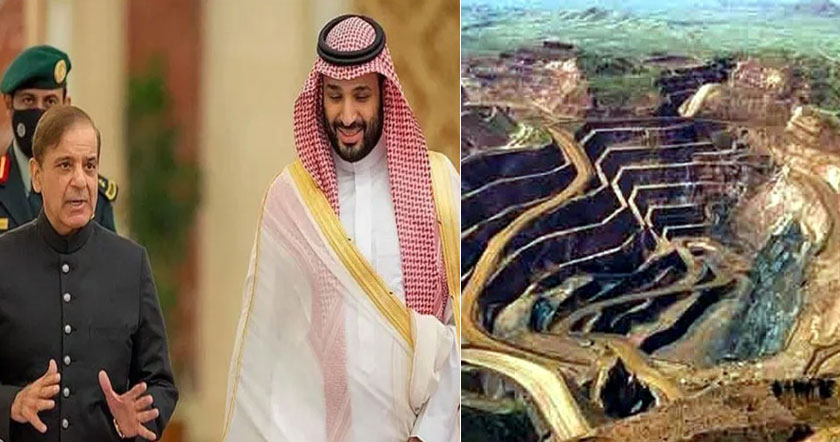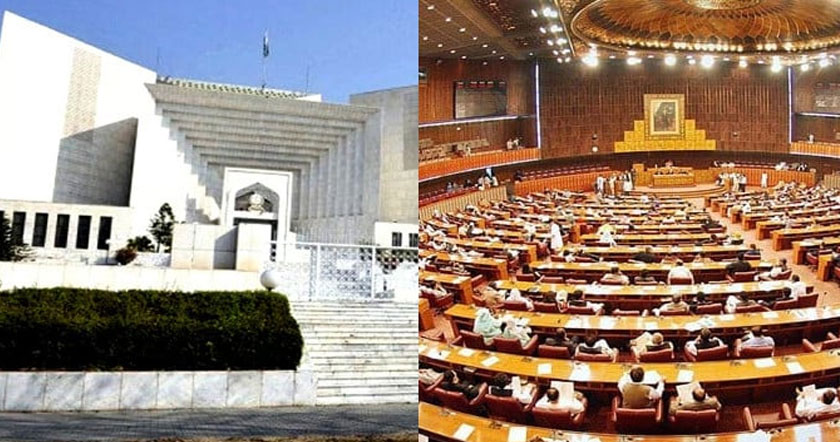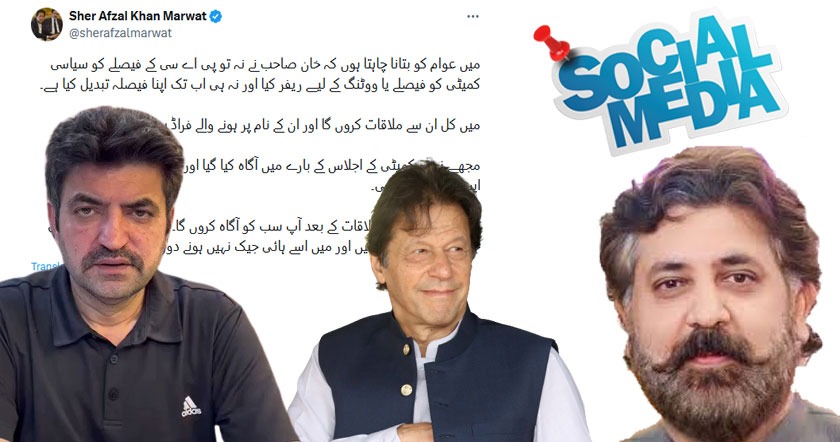| Chief of Air Staff Air Chief Marshal Sohail Aman NI (M) |
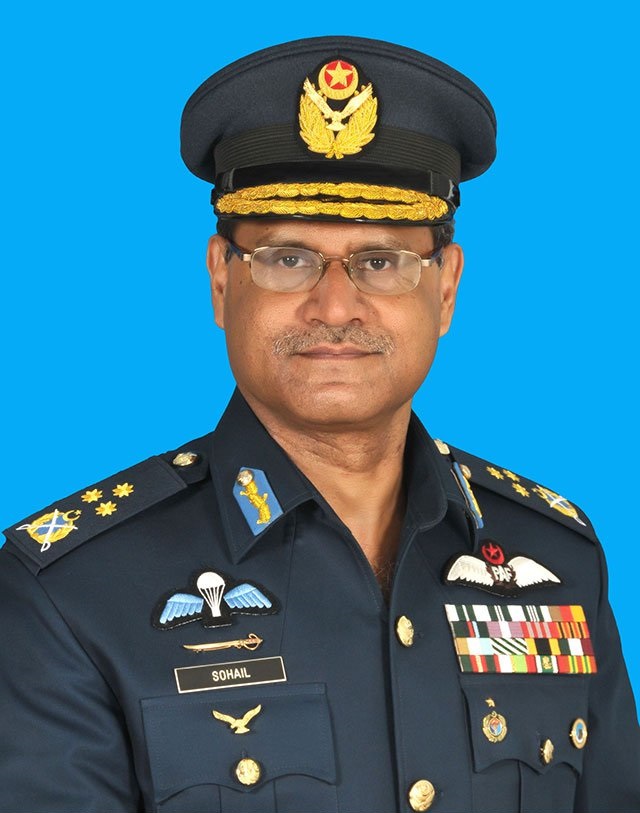
Born in 1959, Air Chief Marshal Sohail Aman received his intermediate and graduate education at PAF College, Sargodha. Subsequently, he joined Pakistan Air Force and graduated from PAF Academy in 1980. After completing Fighter and Operational Conversion Courses, he flew various types of fighter aircraft on PAF inventory including F-16s. As a distinguished fighter pilot and Combat Commander, he also evaluated fifth generation fighters like Gripen and Eurofighter Typhoon. He has commanded a Fighter Squadron, Combat Commanders’ School, a Fighter Base and Central Air Command of the Pakistan Air Force. The Air Chief having vast experience of flying has a grand total of over 3000 fighter hrs to his credit. In staff appointments at Air Headquarters, the Air Chief Marshal has served as Director Plans, Director Operations, Assistant Chief of the Air Staff (Operations), Air Officer Commanding Central Air Command, Deputy Chief of the Air Staff (Training), and Deputy Chief of the Air Staff (Operations). He is a graduate of PAF Air War College and Royal College of Defence Studies, UK. He also has Master’s degree in International Relations from Kings College, London. The Air Chief also has the unique honour of representing Pakistan at Harvard Kennedy School, USA on National and International Security Course. Air Chief Marshal Sohail Aman assumed the Command of the PAF on 19 March, 2015. He is married and blessed with four Children. In recognition of his meritorious and exceptionally dedicated services, he has been decorated with Nishan-i-Imtiaz (Military), Hilal-i-Imtiaz (Military), Sitara-i-Imtiaz (Military) and Tamgha-i-Imtiaz (Military). |
Last edited:


